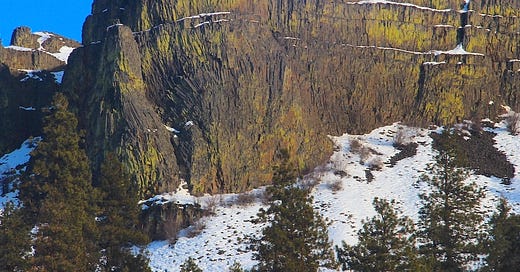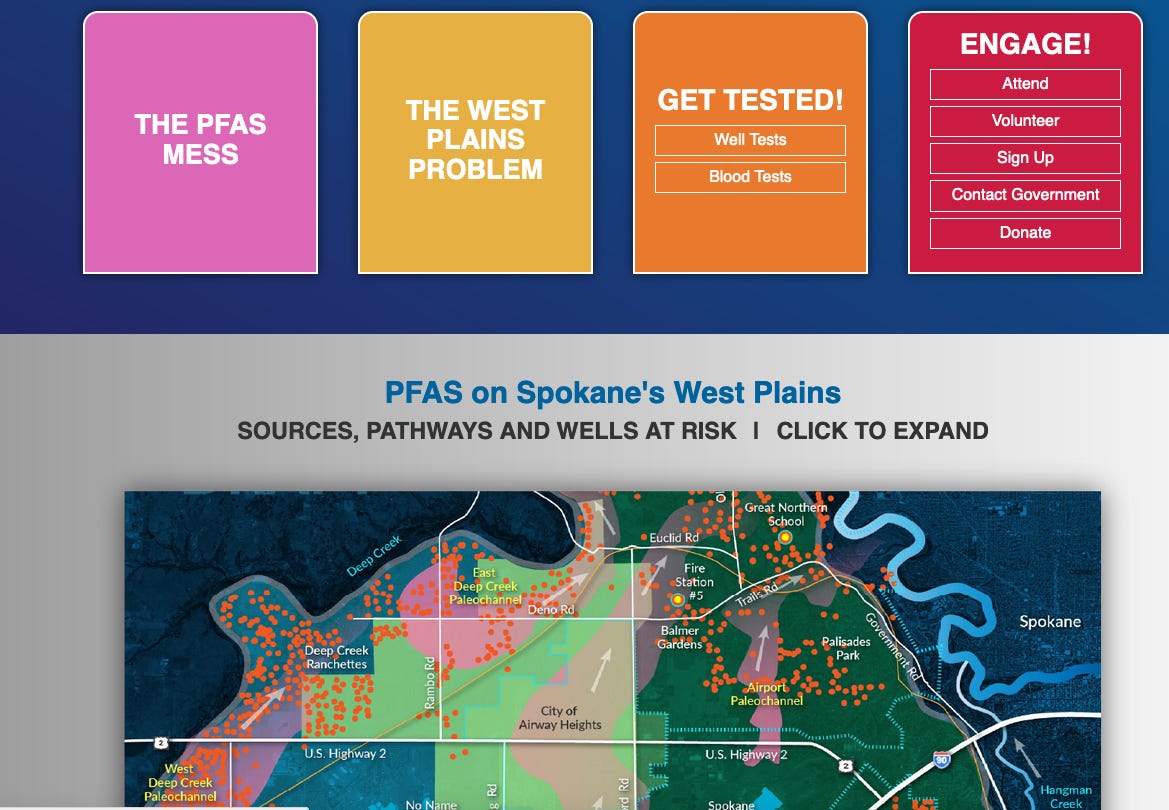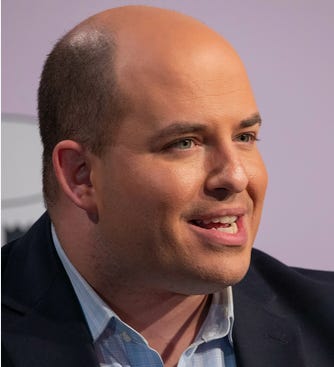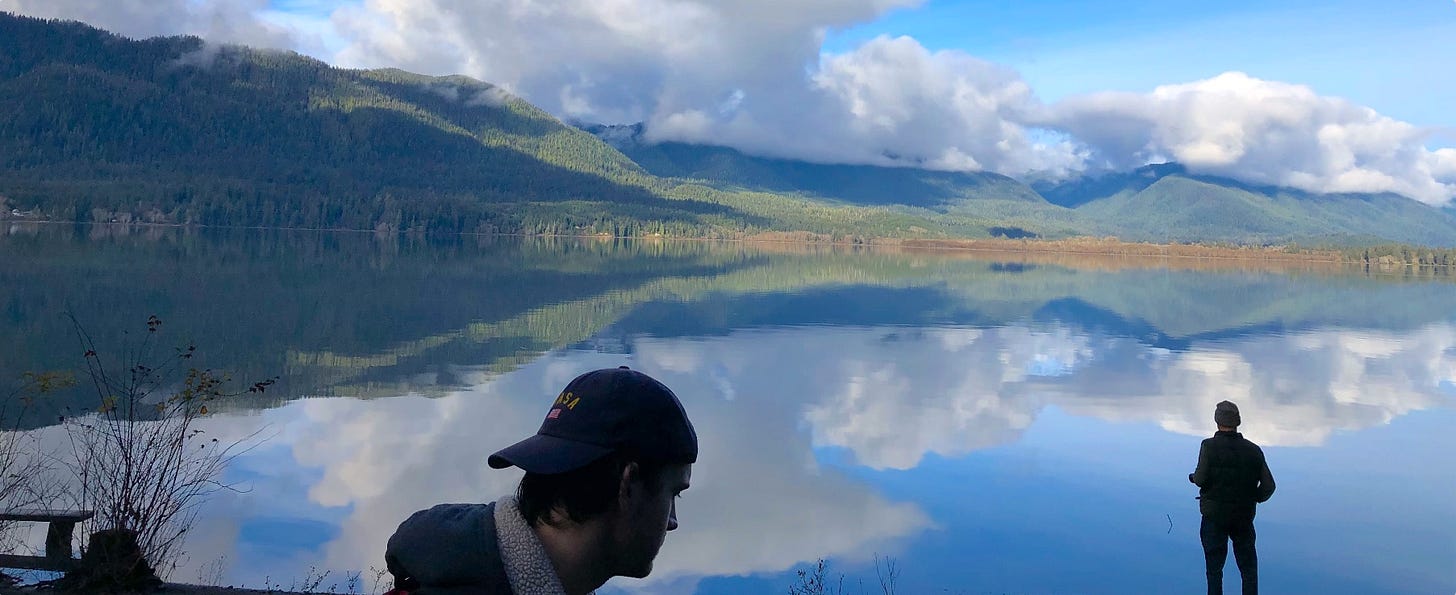Sunday's postcard, a grassroots group's website re-boot, and why Brian Stelter still matters
January 21, 2024
Terraced basalt uplands in Upper Grand Coulee
A smart toolbox for troubled waters
In less than a year, the West Plains Water Coalition has evolved from a self-organizing cadre of a few dozen engaged private well owners west of Spokane to a creative advocacy network. In a more perfect world, you wouldn’t have cause to remember the day you got the message that the water you’ve been using, for years, to drink and garden, etc., is contaminated with dangerous chemicals. Nor would you have to wonder if the illnesses and deaths in your family and neighborhood were so linked. It’s not a movement that you’d want to be involved with, except if you have no other way to draw attention to it and seek redress.
That, in a nutshell, is what the coalition has been doing, with increasing results—not just in media attention but in building a network and capacity to secure resources (including a public participation grant from the Washington Department of Ecology) to douse the nightmare.
Last week I wrote about (and shared) the coalition’s new, 20 minute YouTube video Troubled Waters that tells their story, but there’s even more to it than that. The WPWC has now turbocharged its website to provide a valuable on-line toolbox and information directory that encompasses the breadth of the PFAS “forever chemical” problem that affects thousands of drinking water systems in the United States alone.
For the record, PFAS contamination in groundwater in the West Plains aquifer(s) is more pronounced than in the Spokane metro area because Spokane (for the most part) draws its drinking water from the Spokane Valley-Rathdrum Prairie aquifer. The Spokane Valley aquifer—a remarkably deep pile of glacial flood cobbles—is distinct from the basaltic aquifer on the West Plains which has been contaminated with PFAS from fire-fighting foams used, for decades, at Fairchild Air Force Base and nearby Spokane International Airport. You can get more localized information on “forever chemicals” in Washington state drinking water here.
Brian Stelter can still be heard
On the subject of poisons, there’s a strong argument that the most dangerous disease affecting Americans is colorless and odorless disinformation. For example, it’s well-documented that vaccination rates for Covid-19 are clearly shaped by political identification and affiliation.
Author and former CNN “Reliable Sources” host Brian Stelter
To continue reading, please subscribe to The Daily Rhubarb









